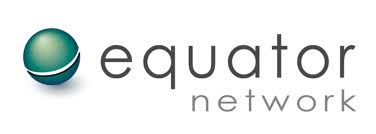Providing a complete, accurate and clear account of conducted research studies in scientific publications is an integral part of responsible research. Yet the literature is full of examples documenting inadequacy of health research reporting: non-publishing whole studies or selecting only some outcomes for publication with ‘attractive’ results; inadequately described methods and interventions preventing their assessment and replication; confusing or misleading presentation of results, data, graphs, images; or inadequate reporting of harms, which in particular can have serious consequences for patients’ safety. These and other reporting problems undermine reliability of published research and seriously limit usability of presented findings in clinical practice and further research; this decreases returns from huge financial investments into the health research and wastes involvement of human participants in such studies.

During this 20-minute interview, hosted by Jonathan Bailey from Plagiarism Today, Simera highlights ethical issues in medical research today, explores the adeptness of current extrajudicial process for addressing ethical issues, and suggests steps that journals, authors and or/editors could take to help improve the quality of reporting of medical research.
 However, much of the focus changed in 2013. Where 2012 was very journalism-oriented with the “Summer of Sin” and Jonah Lehrer, 2013 was much more diverse and featured plagiarism scandals from a variety of fields including politics, religion and filmmaking.
However, much of the focus changed in 2013. Where 2012 was very journalism-oriented with the “Summer of Sin” and Jonah Lehrer, 2013 was much more diverse and featured plagiarism scandals from a variety of fields including politics, religion and filmmaking.
